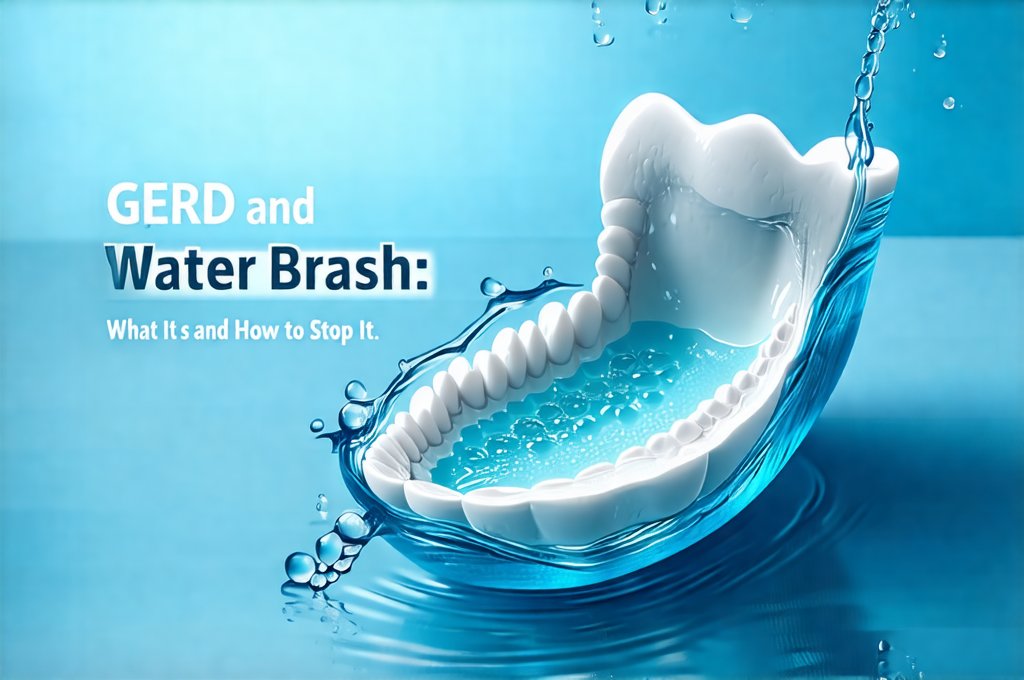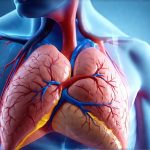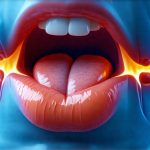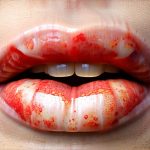Gastroesophageal reflux disease (GERD) is a surprisingly common condition affecting millions worldwide. It’s more than just occasional heartburn; it’s a chronic digestive disease that occurs when stomach acid frequently flows back into the esophagus – the tube connecting your mouth to your stomach. This backflow, called acid reflux, can irritate the lining of your esophagus and cause a range of uncomfortable symptoms. While many associate GERD primarily with burning sensations in the chest, there’s often a lesser-known companion symptom that can be equally distressing: water brash. Understanding both GERD and water brash – what causes them, how they differ, and more importantly, how to manage them – is key to improving digestive health and quality of life.
Water brash isn’t simply excess saliva; it’s a specific sensation of fluid rising in your throat immediately after experiencing acid reflux. It often feels like water has been dumped into the back of your mouth, prompting you to swallow repeatedly to clear it away. This seemingly odd symptom is actually caused by the esophagus attempting to neutralize the acidic damage from the refluxing stomach contents. Your body responds by sending a signal for increased saliva production and esophageal contractions, leading to that watery sensation. It’s important to recognize water brash as a potential indicator of underlying GERD, even if heartburn isn’t your primary symptom. Ignoring it could allow acid erosion to continue unchecked, potentially leading to more serious complications over time.
Understanding GERD: Causes & Symptoms
GERD arises from a combination of factors that compromise the lower esophageal sphincter (LES) – a muscular ring at the bottom of the esophagus. This sphincter normally stays tightly closed after food passes through, preventing stomach acid from escaping. However, several things can weaken or relax the LES, leading to reflux. These include:
- Certain foods and beverages (spicy foods, fatty foods, chocolate, caffeine, alcohol)
- Obesity
- Smoking
- Hiatal hernia – a condition where part of the stomach protrudes through the diaphragm
- Pregnancy
The symptoms of GERD are diverse and can vary significantly from person to person. While heartburn (a burning sensation in the chest) is the most common symptom, others include: regurgitation of sour liquid or food, difficulty swallowing (dysphagia), a feeling of a lump in the throat (globus sensation), chronic cough, hoarseness, and – crucially – water brash. Some individuals experience “silent reflux,” where they have minimal heartburn but still suffer from damage to the esophagus due to acid exposure. This makes diagnosis more challenging, emphasizing the importance of recognizing less typical symptoms like water brash as potential warning signs. It’s also important to note that GERD isn’t just about discomfort; prolonged, untreated GERD can lead to complications such as esophagitis (inflammation of the esophagus), esophageal strictures (narrowing of the esophagus), and even Barrett’s esophagus – a condition that increases the risk of esophageal cancer. If you suspect an underlying issue like ulcerative colitis it is best to seek medical advice.
The Peculiar Case of Water Brash
Water brash isn’t a disease itself; it’s a symptom often accompanying GERD, but it can also occur independently in some cases. It differentiates itself from typical heartburn by its unique sensation—a sudden influx of saliva and liquid feeling, rather than the burning chest pain. This distinction is vital because water brash may precede or accompany heartburn, even being the primary noticeable symptom for some people. The physiological mechanism behind water brash involves the esophagus’s attempt to protect itself against acid damage. When stomach acid rises into the esophagus, it triggers several protective responses:
- Increased saliva production to neutralize the acid
- Peristaltic waves (contractions) in the esophageal muscles to push the acid back down.
- Stimulation of mucus production to create a barrier.
These combined actions result in the sensation of water brash – that sudden, watery feeling in the throat. Often it is a sign that even small amounts of reflux are occurring, and the body is attempting to counteract them. While generally harmless on its own, recurring or severe water brash should prompt investigation into underlying GERD or other digestive issues. Consider if chronic gastritis could be a contributing factor.
Lifestyle Adjustments for Relief
Managing both GERD and water brash often starts with lifestyle modifications aimed at reducing acid production and preventing reflux. These changes can significantly alleviate symptoms and potentially reduce the need for medication. Here’s a breakdown of effective strategies:
- Dietary Changes: Avoid trigger foods – spicy, fatty, fried foods, chocolate, citrus fruits, tomatoes, caffeine, alcohol, and carbonated beverages are common culprits. Instead, focus on a diet rich in fiber, lean proteins, and alkaline foods like bananas, melons, and vegetables.
- Eating Habits: Eat smaller, more frequent meals rather than large ones. Avoid eating within 2-3 hours of bedtime to allow the stomach to empty before lying down. Chew food thoroughly to aid digestion.
- Weight Management: Losing even a small amount of weight can reduce pressure on the abdomen and LES, lessening reflux episodes.
- Elevate Your Head: Raise the head of your bed by 6-8 inches using blocks or a wedge pillow. This helps gravity keep stomach acid from flowing upwards during sleep. Avoid just using extra pillows; this can actually worsen symptoms. If you are experiencing constipation this could also contribute to discomfort and GERD.
Over-the-Counter Remedies & Medications
For mild to moderate GERD and associated water brash, several over-the-counter (OTC) remedies can provide relief. Antacids neutralize stomach acid, offering quick but temporary relief. H2 blockers reduce acid production for a longer period than antacids. Proton pump inhibitors (PPIs) are even more powerful at blocking acid production and are often used for more severe GERD symptoms.
- Antacids: Offer immediate, short-term relief. Be mindful of potential side effects like constipation or diarrhea with prolonged use.
- H2 Blockers: Provide longer-lasting relief than antacids but take a bit longer to kick in.
- PPIs: Highly effective for reducing acid production, but generally recommended for short-term use due to potential long-term side effects.
Important Note: While OTC medications can be helpful, it’s crucial to consult with a healthcare professional if you’re relying on them frequently or if your symptoms don’t improve. Long-term reliance on PPIs without medical supervision is not advised. Consider exploring endoscopic ultrasound for a more detailed diagnostic view if symptoms are persistent.
When to Seek Professional Help
While many cases of GERD and water brash can be managed with lifestyle changes and OTC remedies, there are instances where professional medical attention is necessary. See a doctor if:
- Symptoms are severe or worsening despite treatment.
- You experience difficulty swallowing (dysphagia).
- You have unintentional weight loss.
- You notice blood in your stool or vomit.
- Over-the-counter medications aren’t providing adequate relief.
- You suspect a hiatal hernia (severe discomfort, feeling of fullness even after eating little).
A healthcare provider can perform tests to diagnose GERD accurately and rule out other potential conditions. These tests may include: endoscopy (visual examination of the esophagus using a camera), esophageal manometry (measures pressure in the esophagus), and pH monitoring (tracks acid levels in the esophagus). Based on the diagnosis, your doctor can recommend appropriate treatment options, which may include prescription medications, surgery (in rare cases), or further investigation to identify underlying causes. Remember: self-diagnosis and self-treatment aren’t substitutes for professional medical advice. If you suspect a duodenal ulcer, it’s crucial to seek immediate medical attention. Finally, if you think your symptoms may be related to IBS , consulting a doctor is essential for proper diagnosis and treatment. Also consider getting a colonoscopy to rule out other conditions.


















